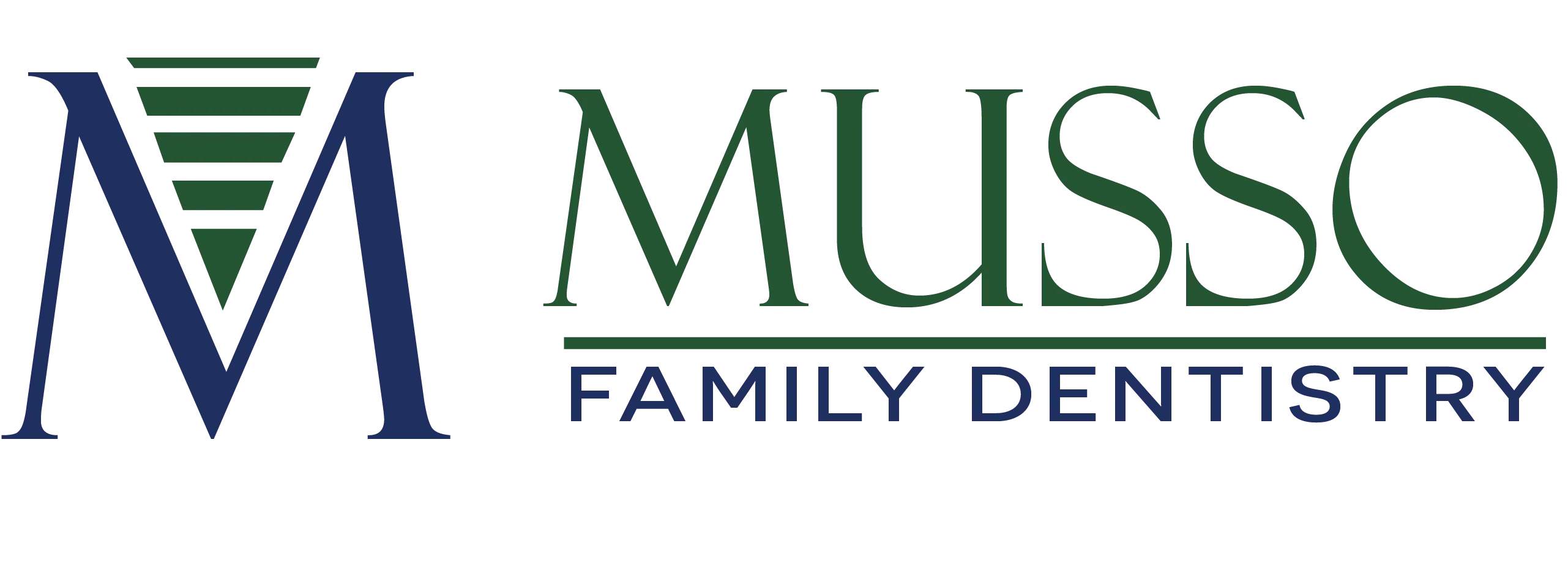Restorative Dentistry
Restorative dentistry is a branch of dental care focused on diagnosing, treating, and managing diseases and conditions affecting the teeth and their supporting structures, primarily aiming to restore function, aesthetics, and oral health. It encompasses a range of procedures, including fillings, crowns, bridges, dentures, and dental implants, which are used to repair damaged teeth, replace missing ones, and correct structural issues.
Restorative dentistry is essential in improving the appearance of a patient's smile and enhancing their ability to chew and speak correctly, preventing further oral health problems and maintaining the integrity of the jawbone and surrounding tissues. By addressing these dental issues, restorative dentistry is crucial in promoting long-term oral health, improving quality of life, and boosting self-confidence.
Key Procedures in Restorative Dentistry
Dental Fillings
Dental fillings are used to repair cavities caused by tooth decay. The process involves removing the decayed portion of the tooth and filling the cavity with a material such as composite resin, amalgam, or glass ionomer. Composite resins match the tooth's natural color, providing a more aesthetic result, while amalgam is durable and suitable for posterior teeth. Fillings restore the tooth's shape and function, prevent further decay, and protect the tooth from future damage.
Benefits:
- Remove decayed tissue, alleviating pain and sensitivity associated with cavities
- Restore the tooth's ability to function normally, allowing for effective chewing
- Prevent further decay by sealing off the cavity and protecting the tooth from future damage
Crowns
Dental crowns are custom-made caps that cover and protect damaged or weakened teeth. They are often used after a root canal or to restore a tooth with significant decay or a large filling. Crowns are available in various materials, including porcelain, ceramic, metal, or a combination of these. They restore the tooth's strength, enhance its appearance, and protect it from additional damage. They also help maintain proper bite alignment and prevent the surrounding teeth from shifting.
Benefits:
- Provide strength and protection to compromised teeth, allowing them to withstand regular biting forces
- Restore the tooth's shape and appearance, making it look and function like a natural tooth
- Extend the lifespan of a damaged tooth and help maintain oral health
Bridges
Bridges are prosthetic devices used to replace one or more missing teeth. They consist of one or more artificial teeth supported by crowns placed on adjacent natural teeth or dental implants. Bridges help fill the gap left by missing teeth, restoring the ability to chew and speak properly. They also prevent the remaining teeth from shifting out of alignment and maintain the face's natural contour.
Benefits:
- Replace missing teeth, allowing for normal chewing and speaking functions
- Keep adjacent teeth from shifting out of alignment, which can lead to bite issues and further oral health problems
- Improve the appearance of the smile by filling gaps caused by missing teeth
Dentures
Dentures are removable appliances designed to replace missing teeth. There are two main types: complete dentures, which replace all the teeth in the upper or lower jaw, and partial dentures, which replace only a few missing teeth while preserving the remaining natural teeth. Modern dentures are crafted to be comfortable, functional, and natural-looking. They improve the patient's ability to eat, speak, and confidently smile. Contact us today to learn more.
Benefits:
- Restore the ability to chew, speak, and smile with confidence
- Provide a natural-looking appearance, improving the overall look of the smile
- Offer a more affordable option for replacing multiple missing teeth compared to other solutions
Dental Implants
Dental implants are a popular solution for replacing missing teeth. An implant consists of a titanium post surgically placed into the jawbone by our dentist in Garland, TX, to serve as a replacement root. Once the implant integrates with the bone, a custom-made crown is placed on top to complete the restoration. Implants offer a stable and durable solution that closely mimics the appearance and function of natural teeth. They also help preserve the jawbone structure by stimulating bone growth.
Benefits:
- Provide a stable and long-lasting solution that closely mimics the function of natural teeth
- Stimulate the jawbone, preventing bone loss that often occurs after tooth loss
- Offer a natural look and feel, enhancing both function and aesthetics
Root Canal Therapy
Root canal therapy is a procedure used to treat and save a tooth with an infected or damaged pulp. The treatment involves removing the infected pulp, cleaning and disinfecting the root canals, and sealing them with a biocompatible material. A crown or filling is then placed on top to restore the tooth's function and appearance. Root canal therapy helps alleviate pain, prevent the spread of infection, and preserve the natural tooth.
Benefits:
- Alleviates severe tooth pain caused by pulp infection or damage
- Saves a tooth that would otherwise need to be extracted, preserving the natural tooth structure
- Stops the spread of infection to surrounding tissues and other teeth
The Advantages of Restorative Dentistry
Restoring Function
Restorative dentistry is vital in restoring the ability to chew and speak properly. Damaged or missing teeth can significantly impact these functions, making it challenging to eat a balanced diet and communicate effectively. Restorative procedures, such as crowns, bridges, and implants, help restore normal oral function, enabling patients to enjoy a varied diet and speak clearly.
Preventing Further Damage
Restorative dentistry helps prevent further damage and complications by addressing issues such as decay, fractures, and missing teeth. For instance, a dental filling prevents a cavity from worsening and causing more severe damage, while a bridge or implant prevents remaining teeth from shifting out of alignment. Early intervention and restorative treatments can prevent more complex and costly future procedures.
Maintaining Oral Health
Restorative dentistry in Garland, TX, is crucial for oral health. Restorative treatments help preserve the health of the gums and jawbone by repairing and replacing damaged or missing teeth. For example, dental implants stimulate the jawbone and prevent bone loss, a common issue following tooth loss. Restorative procedures also help maintain proper bite alignment and prevent problems related to tooth grinding or uneven wear.
Restorative dentistry is vital to comprehensive dental care, addressing many issues related to damaged, decayed, or missing teeth. Visit Musso Family Dentistry at 513 W. Centerville Rd, Garland, TX 75041, or call (972) 840-8477 to schedule a consultation and explore how restorative dentistry can benefit you.
Braces
Clear Aligners
Botox
Cosmetic Dentistry
Dental Implants
Sleep Apnea Therapy
Dental Veneers
Dental Technology
Chairside Monitors
Cone Beam CT Imaging
Intraoral Cameras
iTero® Intraoral Scanner
Panorex X-Rays
Your First Visit
Dental Cleanings and Exams
General and Family Dentistry
Wax-Up Tooth Models
Night Guards
Tooth-Colored Dental Fillings
Dentures and Partials
Dental Crowns
Dental Bridges
Orthodontics
Root Canal Therapy
Periodontal Therapy
Oral and Systemic Health
Pediatric Dentistry
Snoring Therapy
TMJ Therapy
Sedation Dentistry
Products
Digital X-Rays
Tooth Extractions
Smile Makeover
Teeth Whitening
Tooth Contouring
Dental Bonding
Visit Our Office
Office Hours
- MON7:00 am - 4:30 pm
- TUE7:00 am - 4:30 pm
- WED7:00 am - 4:30 pm
- THU7:00 am - 4:30 pm
- FRIClosed
- SATClosed
- SUNClosed

